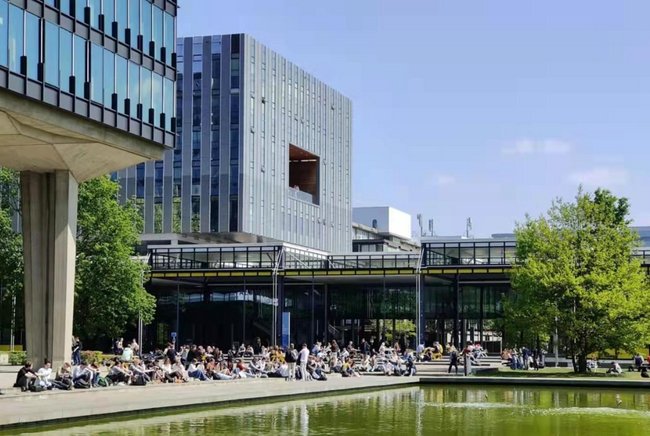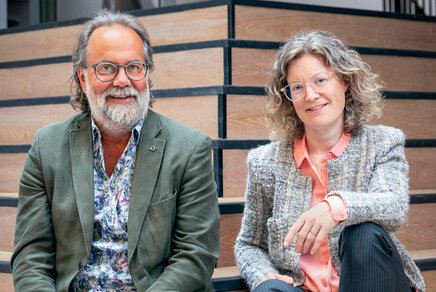Better understanding of people’s comfort in urban public spaces
You Peng defended his thesis at the department of the Built Environment on June 1st.

Comfortable urban public spaces play an important role in shaping healthy behaviors and raising well-being among citizens. Given the context of climate change, unplanned urbanization, and the worldwide air-borne pandemic, there is prominent concern about comfort in urban planning and municipal policymaking considering the increasing awareness of outdoor environment vulnerability. For his PhD research, You Peng developed methodology to assesses comfort in urban public spaces.
As thermal sensation in traditional models of urban public spaces fail to represent human overall comfort, You Peng decided to develop a comprehensive framework to assess comfort. In addition, his research explores the nature and strength of the complex relationships between outdoor comfort and an expanded set of influential factors by incorporating microclimatic conditions, environmental stimuli, people’s socio-demographic characteristics, psychological and behavioral factors.
Surveying the Eindhoven city center
Questionnaire based surveys in combination with simultaneous monitoring of microclimates at the aligned study areas were implemented to obtain data on thermal sensation experienced by people, as well as the acceptability and satisfaction of outdoor activities and comfort assessment.
1,200 questionnaires were distributed in the city center of Eindhoven, with a total of 701 forms deemed to be valid for quantitative assessment in the study. Different models involving linear and non-linear relationships and measuring the direct and indirect effects were developed to analyze the dependency of comfort on different factors.
Main findings
This study includes human-centered insights as an approach to rethink the philosophy of comfort with reference to human preferences, expectations, perceptions, acceptability, and satisfaction, among other psychological and behavioral factors.
The main findings verified the necessity of an expanded set of factors and indicated that the relationship between comfort and thermal neutrality is not straightforward. Nonlinear effects of microclimatic variables and environmental stimuli on human perceptions and comfort assessment were validated.
Meanwhile, the mediate effects through psychological factors link outdoor comfort and the exogenous influences of external microclimatic and environmental conditions and direct sensations of individuals. The results also raise awareness of the need to reconsider variations among different individuals in outdoor comfort assessments.
Title of PhD-thesis: “Comfort in Urban Public Spaces”. Supervisors: Harry Timmermans (TU/e) and Tao Feng (TU/e and Hiroshima University).
Media contact
More on Health



Latest news


